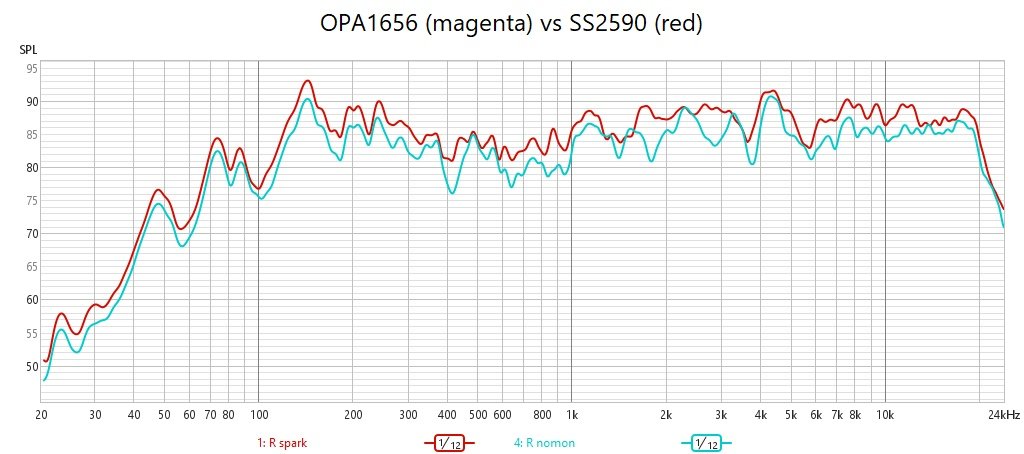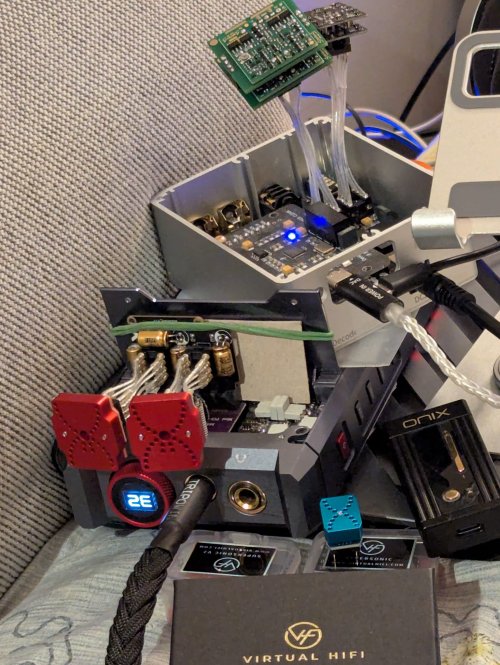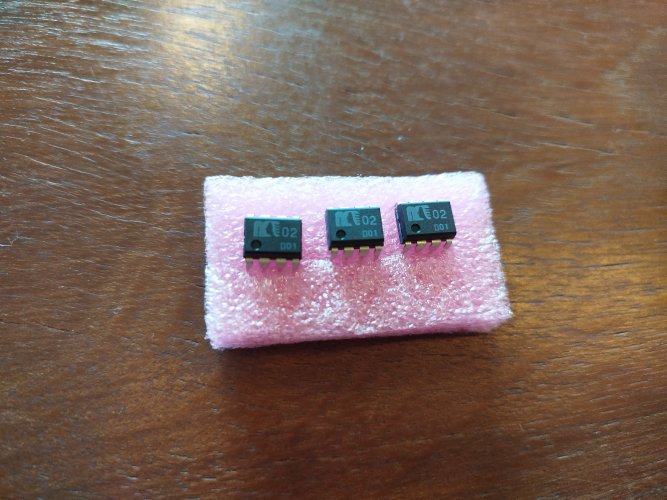I don't discard measurements, either from the datasheets or made for the tests. But I do think they are far from enough.
If eventually I had to choose between a review mostly based on measurements, like those from amirm from
www.audiosciencereview.com, and another done by a serious reviewer, respected because of previous tests, like some people from Stereophile, I'd definitely go with the latter. You would apparently do the opposite, and that's a personal choice.
Those engineers I mentioned take datasheets as starting pointers, but they do extensive listening. The question is that there are many things that the human ear preceives that aren't or can't be quantified, for now at least.
Serious engineers that do reviews many times devise ways to measure what the ear perceives and the instrument do not show. Walt Jung is one of them.
You should read old reviews made in old Audio Electronics issues or in Linear Audio, and you will find many comments about how things sound, not just measure.
My thing is speakers, not headphones. But I did use Beyer DT48s in my film & TV audio engineer, going from locations to studios, recording all kind of things. You do develop that audio memory you don't seem to trust.
Let me tell you that you are completely wrong in not trusting audio memory, as you can educate your ear and your brain to serve you as the best tool there is, much superior to any instrument.
Recreating the original audio sound, as listened by your naked ear, was my job as location engineer. At the studios you had the best speakers and amplifiers money could buy, so the task was to reproduce that original sound as close as possible to what it was. A good reviewer does exactly that.
There's not such a thing as an "objective audiophile". By definition, and audiophile will always be subjective, never objective. If you do any measurements and know how to do them, that part would be the objective one. But correlating that to good or bad quality sound would be false. There was a time when electronics engineers said that if two amplifiers measured the same, they would sound the same. Some probably still do, but many are not that sure of that now.
Perhaps you should do the test of increasing power supply voltage to a good quality opamp, and listen to how it sounds different as you go higher in voltage. And if the measurements do not show any differences, then the measurements are faulty, not the listening. And for a trained ear, that anyone can achieve, there's not such a thing as "imagined" results. BTW, blind tests have proven nothing.





















 Happen to know if someone tested this under a scope?
Happen to know if someone tested this under a scope? 

